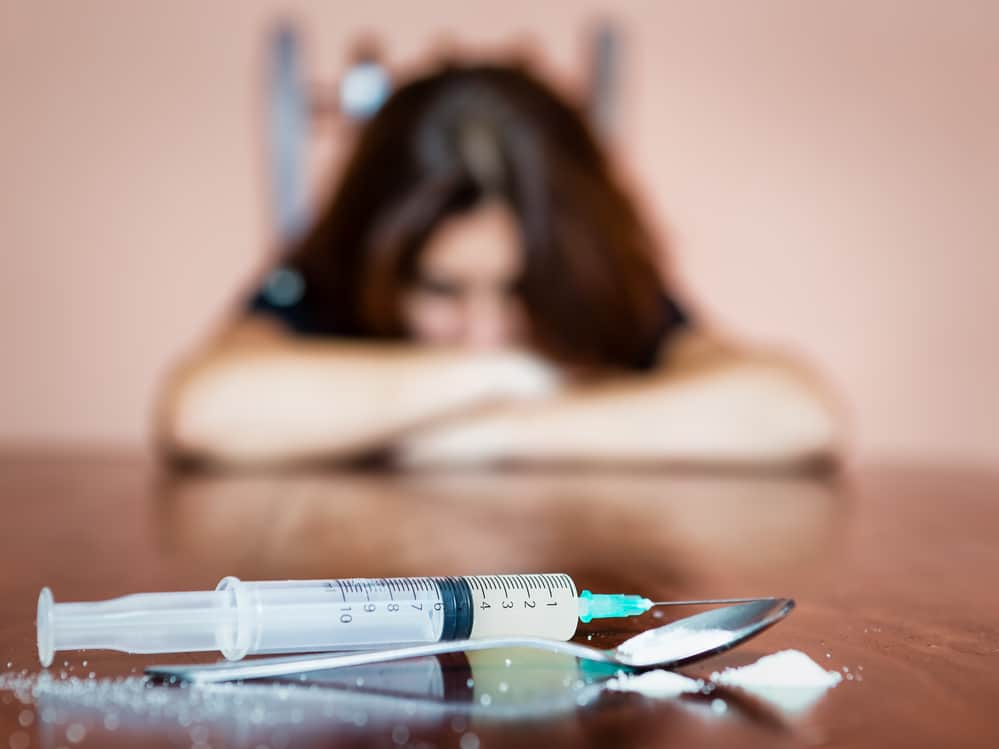Drug addiction and drug dependency are often used interchangeably, yet they represent distinct conditions with varying implications. Understanding the disparities between these terms is crucial in comprehending the complex nature of substance use disorders.
Understanding Drug Addiction
Drug addiction refers to a chronic, relapsing disorder characterized by compulsive drug seeking, use despite harmful consequences, and a profound craving for the substance.
Causes and Risk Factors
Various factors contribute to addiction, including genetic predisposition, environmental influences, and underlying mental health conditions. Exposure to substances and certain life experiences also play significant roles.
Behavioral and Physical Symptoms
Addiction manifests through behavioral changes such as secretive behavior, neglect of responsibilities, and withdrawal from social circles. Physically, it might lead to tolerance, withdrawal symptoms, and health deterioration.
Exploring Drug Dependency
Drug dependency involves reliance on a substance to function normally. It can exist with or without addiction and encompasses physical and psychological reliance on a drug.
Relationship with Addiction
Dependency might coexist with addiction, but not all dependency results in addiction. Dependency refers more to the body’s adaptation to a drug, often leading to tolerance and withdrawal symptoms.
Development and Patterns
Dependency can develop over time with regular substance use. Tolerance builds, requiring larger doses to achieve the same effects, and discontinuation may cause withdrawal symptoms.
At i-Kare Treatment Center, we are dedicated to providing comprehensive addiction treatment services in the state of Florida. Our team of experienced professionals is committed to helping individuals overcome addiction and regain control of their lives.
If you or a loved one is going through a hardship due to substance abuse, call us or Book a Consultation.
Key Differences Between Drug Addiction and Drug Dependency
While interconnected, addiction and dependency differ significantly. Addiction involves compulsive drug use despite consequences, while dependency refers to reliance on a substance for normal functioning. Addiction is behavioral, whereas dependency is more physiological.
Factors Setting Them Apart
The primary disparity lies in the compulsive behavior associated with addiction and the psychological changes driving it. Dependency focuses on physical reliance and withdrawal symptoms.
Behavioral and Psychological Aspects
Addiction involves intense cravings, loss of control over use, and negative behavioral changes. Dependency is characterized by withdrawal symptoms upon cessation of the substance.
Treatment Approaches
Treatment for addiction often involves behavioral therapies, counseling, and sometimes medication. Addressing dependency might involve tapering off the drug, managing withdrawal symptoms, and therapy for underlying issues.
Impact on Individuals and Society
Drug addiction and dependency impact individuals and society profoundly. They lead to deteriorating health, strained relationships, financial instability, and increased crime rates, affecting communities at large.
Overcoming Drug Addiction and Dependency
Successful recovery involves a multifaceted approach, including seeking professional help, social support, therapy, and lifestyle changes. Recovery is a continuous journey requiring dedication and persistence.
Conclusion
While drug addiction and drug dependency are closely related, they differ in their behavioral and physiological aspects. Understanding these nuances is essential for effective intervention and support for individuals grappling with substance use disorders.
At i-Kare Treatment Center, we are dedicated to providing comprehensive addiction treatment services in the state of Florida. Our team of experienced professionals is committed to helping individuals overcome addiction and regain control of their lives.
If you or a loved one is going through a hardship due to substance abuse, call us or Book a Consultation.



